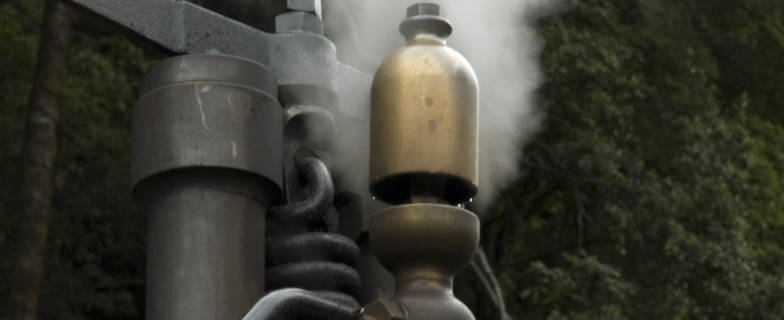Understanding the FRA’s Whistleblower Protections in Three Scenarios
In prior issues of our Railroad Injury Newsletter, we discussed the Federal Railroad Safety Act (FRSA) and answered frequently asked questions about the FRSA. Its whistleblower provisions prohibit railroads from retaliating or discriminating against railroad workers for engaging in protected activities, including reporting a hazardous safety condition, reporting work-related injuries, refusing to perform dangerous work, and following a treating doctor’s order to remain off work after an injury. In this article, we provide a few scenarios that could give rise to a potential whistleblower claim under the FRSA.
Scenario #1
You are working as a track inspector tasked with identifying defects. Your manager, misinterpreting the relevant FRA regulations, demands that you handle track defects in a way contrary to FRA requirements so that the railroad can continue to operate trains in the manager’s territory without speed restrictions. You do not want to violate the FRA’s safety rules, but you also do not want to risk termination. So, you report, in good faith, the hazardous safety condition, and provide your supervisor information showing that his instructions would violate federal law. Despite that, your manager insists that you follow his misguided orders. You refuse to do so and report the manager’s conduct to the FRA. Later, you refuse to help this same manager with a task you believe was aimed at covering up another defect. Ultimately, the railroad fires you for this action.
You have engaged in protected activity under the FRSA that could give rise to a whistleblower claim because, under the FRSA, you have the right to (1) report, in good faith, hazardous safety conditions; (2) provide your supervisor with information about a violation of federal law or regulations; (3) refuse to violate or help violate a federal railroad safety law, rule, or regulation; and (4) report violations of federal law or regulations to the FRA. Thus, you have engaged in many types of protected activity and would likely have a claim.*
Scenario #2
You sustain an injury on the job that requires you to seek emergency medical care. The ER doctors release you from the hospital, instruct you to follow up with your primary care physician, and provide you a note that says you must stay off work for three days. You report all of this to your manager. Nevertheless, your manager counts the missed days of work against you, which puts you in violation of the railroad’s attendance policy. The railroad then disciplines you.
You have engaged in protected activity under the FRSA that could give rise to a whistleblower claim because the FRSA prohibits a railroad from discriminating against you for (1) notifying the railroad of a work-related injury or illness or (2) following the orders or treatment plan of your doctor. You have, therefore, engaged in protected activity and would likely have a claim.**
Scenario #3
You are working as an engineer and your federal hours of service limit will expire before you get to your destination. You report this to your manager and ask for a relief crew. Your manager refuses, forcing you to violate your hours-of-service limit. When tying up, you accurately report your hours of service. You also notify the FRA of the violation and cooperate in the FRA’s investigation of the violation. The railroad disciplines you as a result.
Here again, you may have a claim under the FRSA’s whistleblower provisions because you have engaged in protected activity by (1) notifying your manager that you were about to violate your hours-of-service limit; (2) accurately reporting your hours of service; (3) reporting the hours-of-service violation; and (4) cooperating with the FRA’s investigation. Because the railroad disciplined you for this protected activity, you would likely have a claim.***
If you think the railroad discriminated or retaliated against you for engaging in protected activity under the FRSA’s whistleblower provisions, we strongly encourage you to contact our nationally-recognized railroad injury lawyers as soon as possible. Our team can help you analyze the facts of your case and provide specific legal advice.
*This scenario is loosely based off Fresquez v. BNSF Ry. Co., 52 F.4th 1280 (10th Cir. 2022).
** This scenario is very loosely based on Williams v. Ill. Cent. R.R., No. 3:16cv838, 2018 U.S. Dist. LEXIS 18106 (S.D. Miss. Feb. 5, 2018).
In our Railroad Injury e-newsletter exclusively covering railroad-related topics, attorneys from Schlichter Bogard & Denton’s nationally recognized team discuss, among other things, railroad workers’ rights, federal railroad laws, recent rulings impacting railroad workers, and firm news. Click here to subscribe.
The information contained in this newsletter is provided for informational purposes only and does not constitute legal advice. Reading this newsletter and information contained herein does not constitute formation of an attorney-client relationship. Every potential case must be assessed in accordance with its unique facts and circumstances. If you believe you may have a legal claim, please request a free, confidential case evaluation with our team today.
